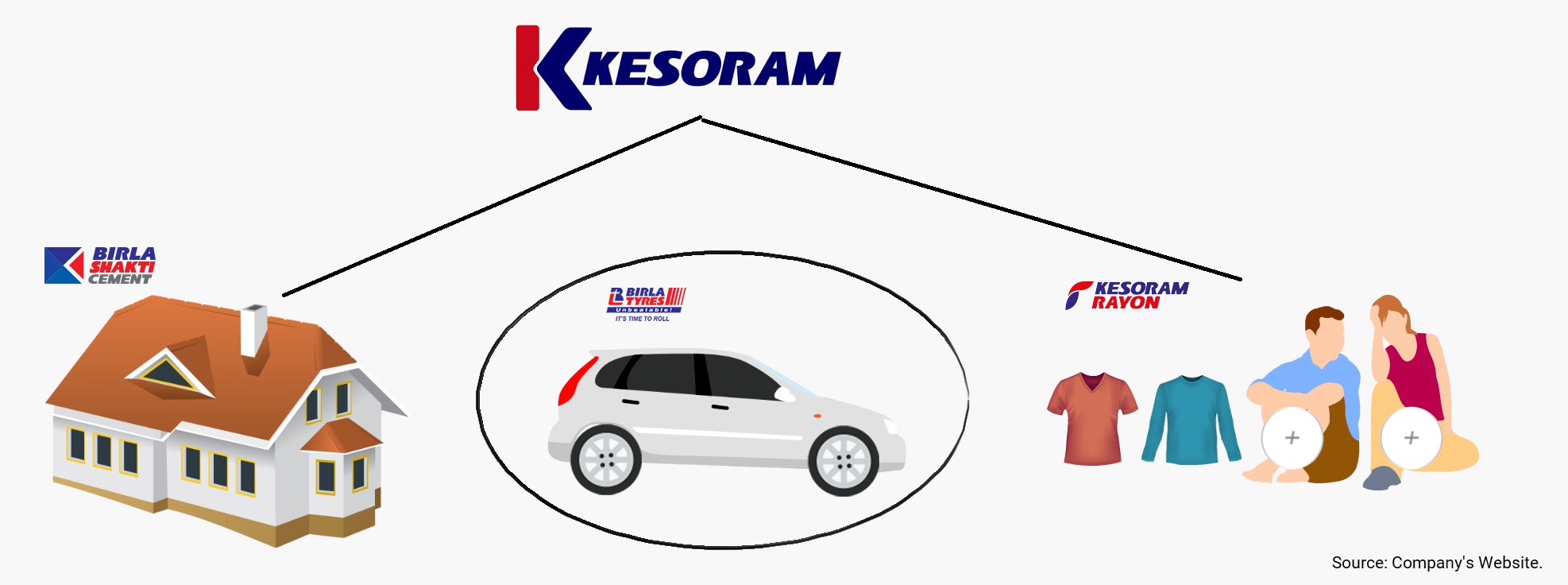Only for a company like Pfizer is a $14 billion acquisition considered “bolt-on” and “barely a needle-mover.” But shareholders of the $213 billion drugmakers may have to get used to describing these type of transactions by another word as well: “normal.”
Pfizer on Monday said it’s buying Medivation, a developer of cancer drugs. The aforementioned $14 billion price tag — along with an agreement announced on Wednesday to buy an antibiotics business for at least $725 million — brings the pharmaceutical giant’s publicly announced deal spending in the last two years to roughly $37 billion. Again, that’s big for most companies not named Pfizer, but well short of the $120 billion it attempted to spend on AstraZeneca or the $160 billion(failed) merger it inked with Allergan.
This suggests Pfizer has a lot more room for M&A. But while it still wants to do more deals and needs them to obtain the kind of fast-growing products that will give revenue a jolt, a mega-merger may not be in the cards anymore. The company is more likely to strike several Medivation-like deals than one big whopper.
The rationale for a transformative takeover has dwindled. Both AstraZeneca and Allergan offered Pfizer a path to a foreign domicile and a lower tax rate, but the U.S. Treasury Department’s latest crackdown on inversions essentially takes that idea off the table. Allergan also offered Pfizer the opportunity to build out its innovative drugs business and its more established products unit all in one go, setting both up for a future as stand-alone entities. But as my colleague Tara Lachapelle notes, such a split may not make as much sense anymore.
So if there are no tax savings to be had and no breakup booster needed, a $100 billion-plus mega-merger with the likes of GlaxoSmithKline, Bristol-Myers Squibb or Merck gets you… a pharmaceutical behemoth that will have an even tougher time pushing revenue higher and faces years of distraction while rivals pursue innovative new drugs.
Think about the industries that have seen mega-mergers of late: packaged food, beer, computer servers. They’re all sectors that have run out of other options for growth. Pharmaceuticals don’t fit with that picture.
There are still rich growth prospects to be had in areas like oncology, biologics, and rare diseases. Antibiotics aren’t as sexy, but the treatments Pfizer agreed to purchase from AstraZeneca on Wednesday (including Zavicefta, which treats severe bacterial infections resistant to other drugs) still represent a growth opportunity. Buying companies that specialize in those fields won’t come cheap (as evidenced by the whopping premium Pfizer paid to wrest Medivation away from rival Sanofi), but there are at least a plethora of opportunities.
Some possibilities? A cancer drug maker like Incyte ($15.4 billion) could fit the bill, as could a rare disease-focused company like Vertex ($25 billion) or BioMarin ($17 billion), said David Heupel, a fund manager at Thrivent Financial for Lutherans who follows the pharmaceutical industry. All three companies surged on the news of Pfizer’s Medivation purchase.
Alnylam, a $6.5 billion company that’s developing gene therapy to treat rare diseases, is another option. The company has a partnership with Sanofi, which also owns about 12 percent of Alnylam, so it would likely be a contender in any bidding process. Actually, all of the above targets could pit Pfizer and Sanofi against each other.
None of those targets are tiny, but they are going to appear bite-sized relative to Pfizer’s past M&A adventures. They also just may be the new normal.
Recent Articles on M&A
Source: Bloomberg.com




